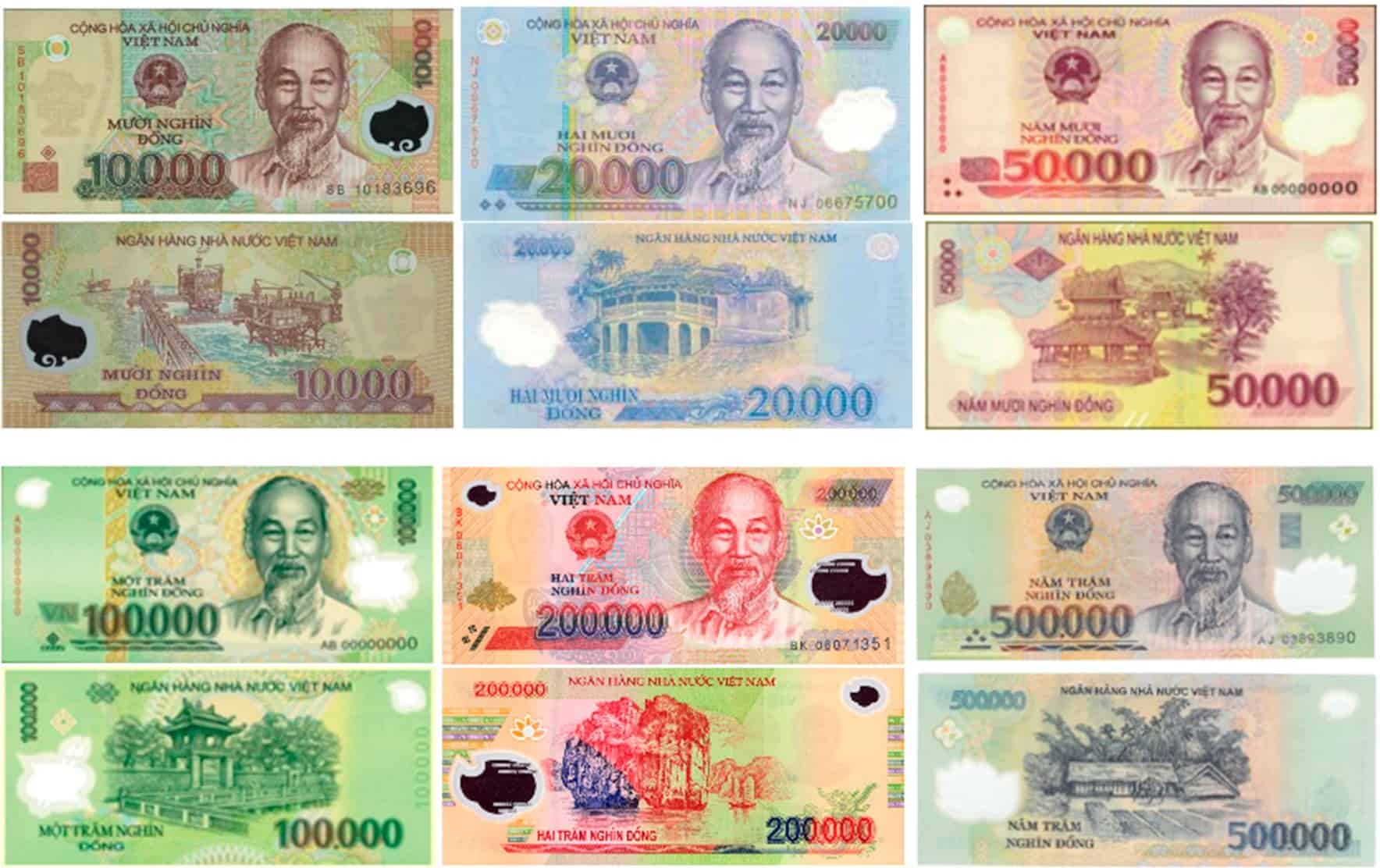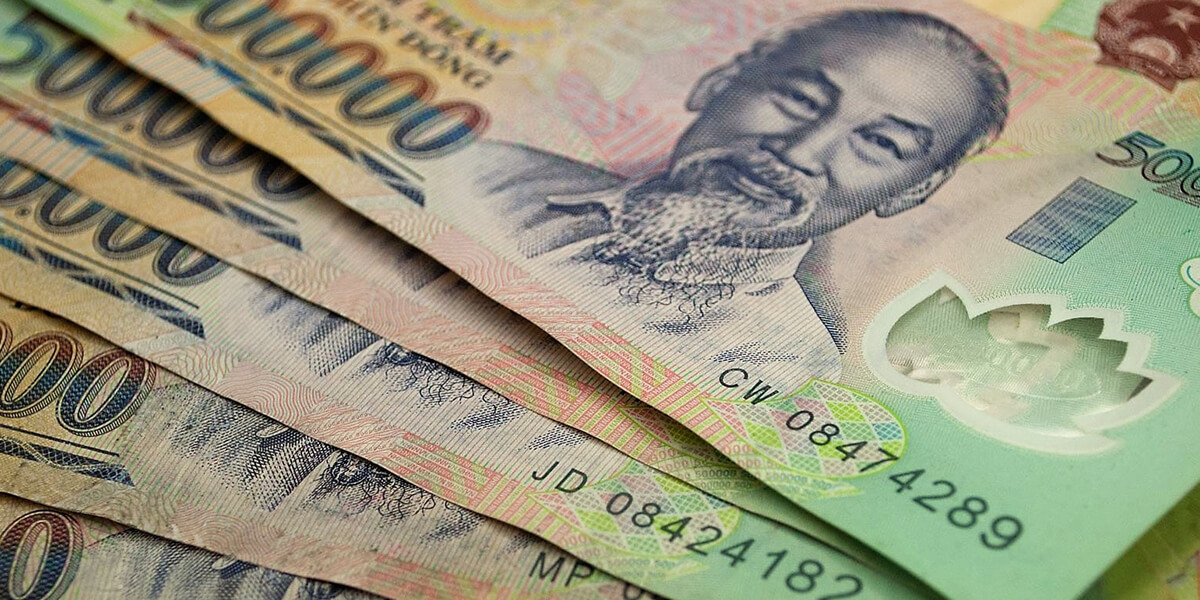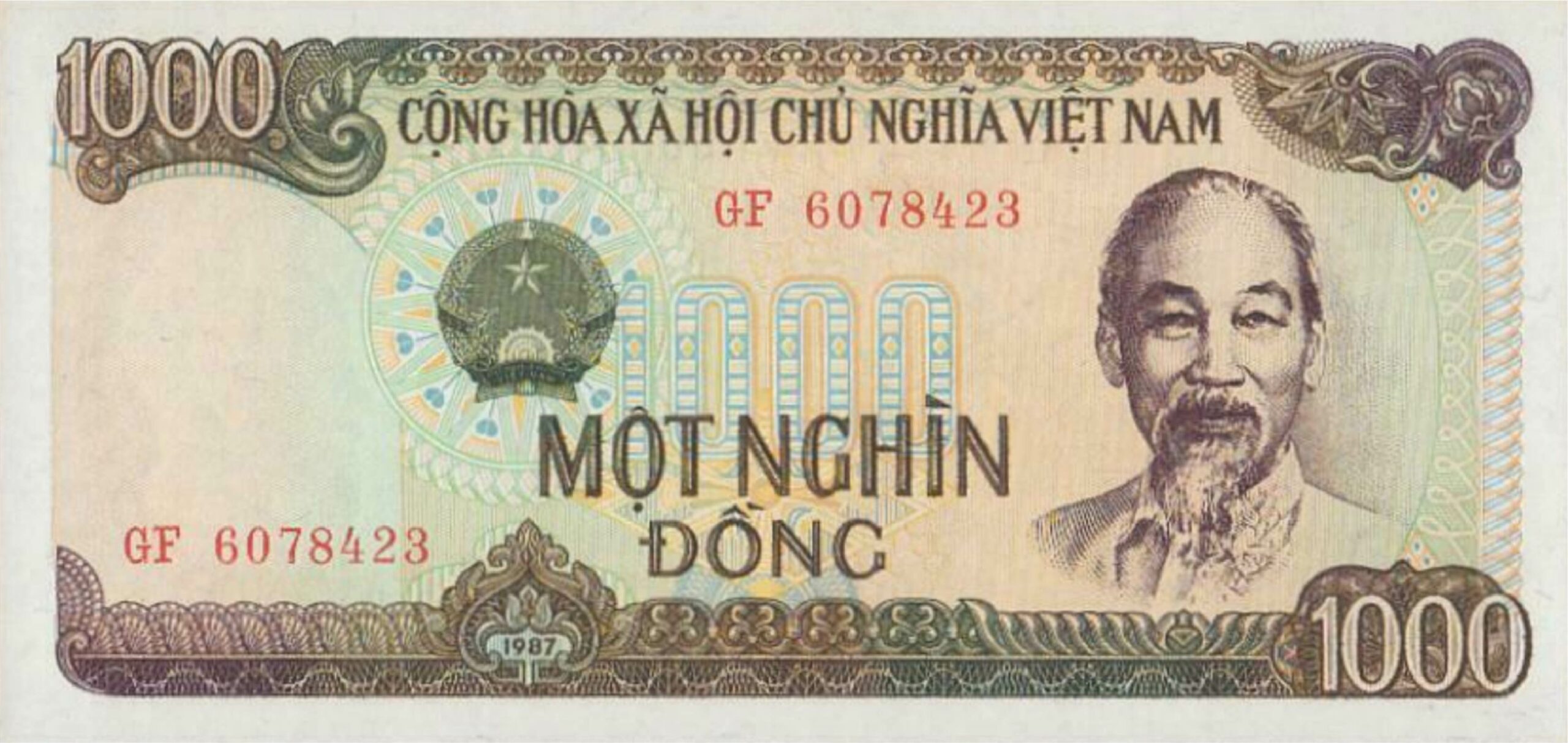Dong Na- Understanding Its Many Meanings
Have you ever come across a word that seems to carry a whole collection of meanings, depending on where you hear it or how it's used? It's like a linguistic chameleon, changing its colors to fit the setting. The term "dong" is, in some respects, just like that, presenting different ideas and images to different people.
It's quite fascinating, actually, how a single sound can mean so much, from the money you might spend in a faraway place to something you hear. This word, "dong," pops up in various conversations and contexts, each time bringing with it a unique sense. You might find yourself wondering what someone means when they say it, and that, in a way, is part of its charm, isn't it?
We're going to take a closer look at these different aspects, helping to clear up any mix-ups and giving you a better handle on what "dong" can mean. It's really about getting a clearer picture of how language works, and how one small word can hold a lot of different ideas, too it's almost a puzzle to solve.
Table of Contents
- The Vietnamese Dong- A Look at Currency in Dong Na
- How Do You Convert Dong Na to US Dollars- Practical Money Moves
- What Does a "Dong" Sound Like- Exploring the Bell's Voice in Dong Na
- Beyond Money and Sounds- Old English Meanings of Dong Na
- How Is "Dong" Used Informally- Understanding Slang in Dong Na
- Keeping an Eye on the Dong Na Market- News and Exchange Rates
- Putting "Dong" to Use- Seeing Examples in Dong Na
- Where Did the Word "Dong" Come From- Tracing Its Roots in Dong Na
The Vietnamese Dong- A Look at Currency in Dong Na
When most people think of the word "dong," especially in a global sense, their thoughts usually go straight to money. Specifically, it's the official form of payment used in Vietnam. This particular meaning of "dong" is, you know, what people use every day for buying things, for services, and for pretty much everything else in that country. It's the standard unit of money that keeps the economy going there, shaping how people conduct their daily transactions. The Vietnamese dong, often seen as VND when you're looking at exchange rates, plays a central part in the financial activities of the nation. For anyone thinking about visiting Vietnam, or maybe doing business there, getting a sense of this currency is, in some respects, a pretty important first step. You'll see it everywhere, from little street stalls to bigger shops, and understanding its value helps you get by.
Looking at the Vietnamese dong, you can find a complete general picture of it from financial news outlets, like the one mentioned from MarketWatch. These sources give you a broad sense of how this money is doing in the larger financial setting. They talk about its standing, which means how strong it is against other major forms of payment from around the world. A currency's standing can change for lots of reasons, like what's happening with the country's economy, or maybe even bigger global events. Keeping an eye on these reports can give you clues about the economic health of Vietnam. It's all about how much buying power that money has, and how it compares to other nations' cash. So, when you hear "dong" in this setting, it's about the financial heartbeat of a country, and that, too it's almost a constant topic for those watching the markets.
The daily happenings of the currency market are also something to consider when thinking about the dong. These reports show you how well the money is doing right now, giving you a sense of its immediate worth. This information is really helpful for anyone who needs to change money, or for those who just want to keep informed about global financial flows. The strength of a currency, or how well it's doing, is a key piece of information for anyone dealing with international money matters. It tells you if your money will go further, or if it might buy less, when you're looking at different parts of the world. So, when people mention "dong" in a financial conversation, they're often talking about its current worth and how it stacks up against other currencies, which is, basically, what makes international trade and travel possible.
How Do You Convert Dong Na to US Dollars- Practical Money Moves
When you're dealing with different kinds of money, like the Vietnamese dong and the United States dollar, you'll often need a way to figure out how much one is worth in terms of the other. This is where a currency tool for changing values comes in handy. These tools, which you can find easily online, give you the current rate for changing Vietnamese dong, or VND, into US dollars, or USD. They're pretty straightforward to use, you know, you just put in how much of one money you have, and it tells you what that amount is worth in the other. This is super useful for travelers planning a trip, or for people who are doing business across borders. It helps them figure out budgets and make sure they're getting a fair deal. It’s like a quick calculator for your international spending, which, in fact, makes things a lot simpler.
These money changing tools don't just show you the immediate worth; many of them also offer a record of past changes. This means you can see how the worth of the Vietnamese dong has changed compared to the US dollar over a period of time. Looking at a chart that shows this record can give you a better idea of trends. Maybe the dong has been getting stronger, or perhaps it has been losing some of its buying power. This kind of information is helpful for making decisions, especially if you're thinking about exchanging a large sum of money. It’s like looking at a weather report for money, giving you a sense of what has happened and, perhaps, what might happen. So, if you're trying to figure out the best time to change your cash, checking out the worth record can give you some good clues, which, honestly, can save you some money.
Getting the most current worth for changing one US dollar into Vietnamese dong is something a lot of people look for. There are lots of online tools that provide this service without any cost. These tools are often called "universal currency converters" because they can handle lots of different types of money. They give you the most up-to-date information, so you know exactly what your money is worth at that very moment. This is especially useful in a fast-moving market where worths can change quickly. You can also, typically, set up alerts with these services. This means if the worth of the dong reaches a certain point you're interested in, the service will let you know. This way, you can grab the best deal without having to constantly check the worth yourself. It's a convenient way to stay on top of your money exchanges, making sure you get the best value, which, as a matter of fact, is something everyone wants.
What Does a "Dong" Sound Like- Exploring the Bell's Voice in Dong Na
Beyond its financial meaning, the word "dong" can also describe a particular kind of sound. Think about a very large bell, maybe in a church tower or an old clock. The noise it makes when it's struck is often described as a "dong." It's a low noise, a heavy ringing that seems to hang in the air for a bit. This kind of sound is, really, quite distinct. It’s not a sharp, quick sound, but rather one that has a certain depth and a lasting quality to it. You can almost feel the vibration of the noise as it spreads out. This particular sense of "dong" captures the feeling of a powerful, resonant strike, like when the clapper, the part that hits, inside a bell swings and makes contact. It’s a sound that often brings a sense of importance or a call to attention, as bells have done for centuries, you know, marking time or announcing events.
When you hear a sound like "dong," it's usually from something big and heavy that has been struck. Imagine the great clock in a town square, its large ringing object letting out a slow, deep note on the hour. That's the kind of sound we're talking about. It’s a noise that fills a space, and it can be quite commanding. This particular use of the word focuses on the quality of the sound itself – its depth, its resonance, and how it fades out. It suggests a certain weight behind the noise, a feeling of something solid making a strong impact. So, if someone says they heard a "dong," they’re probably talking about a significant, low-pitched sound that came from something being hit, which, in a way, is a very simple yet powerful description.
The idea of a "dong" as a sound is also connected to the way things make noise when they are hit. The source text mentions "suggesting of a sound of striking (perhaps the clapper of a bell)." This tells us that the word itself might have come from the very act of something hitting something else to create a deep, ringing noise. It’s about the effect of that contact, the specific kind of noise that results. This is how many words that describe sounds come into being, you know, they try to capture the essence of what is heard. The "dong" sound is not light or tinkling; it’s substantial and carries weight. It’s the kind of noise that makes you pause and listen, a sound that, as a matter of fact, can be quite memorable because of its unique character and the way it seems to resonate in the air.
Beyond Money and Sounds- Old English Meanings of Dong Na
It's fascinating how words can have completely different meanings across different periods of language. Looking back at words from an earlier time in the English language, "dong" had some other senses that are quite different from what we typically think of today. In old English terminology, the word "dong" could, apparently, refer to a "rounded hill." Think of a small, curved rise in the land, a gentle hump in the ground. This image is far removed from currency or a bell's sound, showing how language changes and develops over centuries. It's like words have their own little histories, changing their jobs and what they stand for. So, if you were reading something written a very long time ago, and you saw the word "dong," it might just be describing a natural feature of the earth,

Vietnamese Dong Conversion Rate Tables (Update Daily)

Vietnamese Dong Symbol

1000 Vietnamese Dong banknote 1987 - Exchange yours for cash today